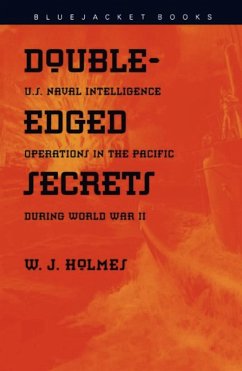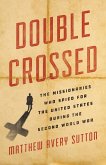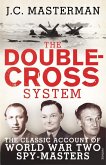In the foreword to this book, first published in 1978, Sen. Daniel Inouye describes the story as ""the raw material of adventure fiction--but this is all true and told in a manner that is at the same time fascinating and professional."" Despite the passage of twenty years and the appearance of several studies of code breaking, this inside look at naval intelligence in the Pacific is as powerful as ever. This book provides a compassionate and unique understanding of the war and the business of intelligence gathering. Assigned to the combat intelligence unit in Honolulu from June 1941 to the end of the war, W. J. Holmes shares his history-making experiences as part of an organization that collected, analyzed, and disseminated naval intelligence throughout World War II. His book not only captures the mood of the period but gives rare insight into the problems and personalities involved, allowing the reader to fully appreciate the painful moral dilemma faced daily by commanders in the Pacific once the Japanese naval codes were broken. Every time the Americans made use of the enemy messages they had decoded, they increased the probability of the Japanese realizing what had happened and changing their codes. And such a change would cause the U.S. Pacific Fleet to lose a vital edge. On the other hand, withholding the information could--and sometimes did--result in the loss of U.S. lives and ships. This revealing study illuminates the difficulties in both collecting intelligence and deciding when to use it.
Dieser Download kann aus rechtlichen Gründen nur mit Rechnungsadresse in A, D ausgeliefert werden.









